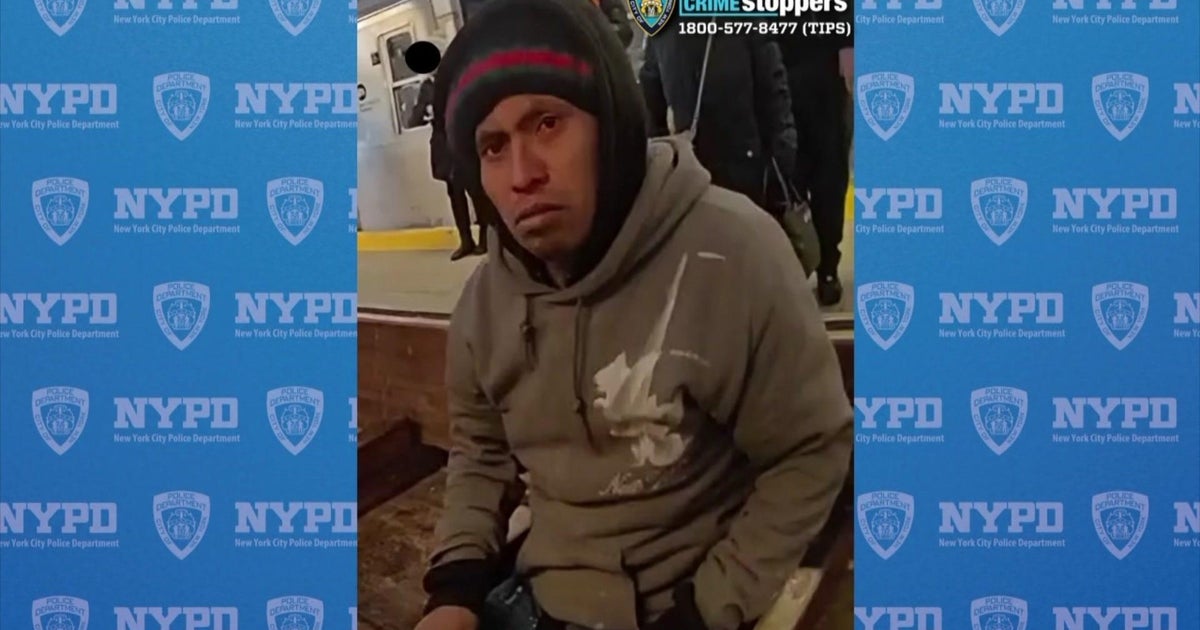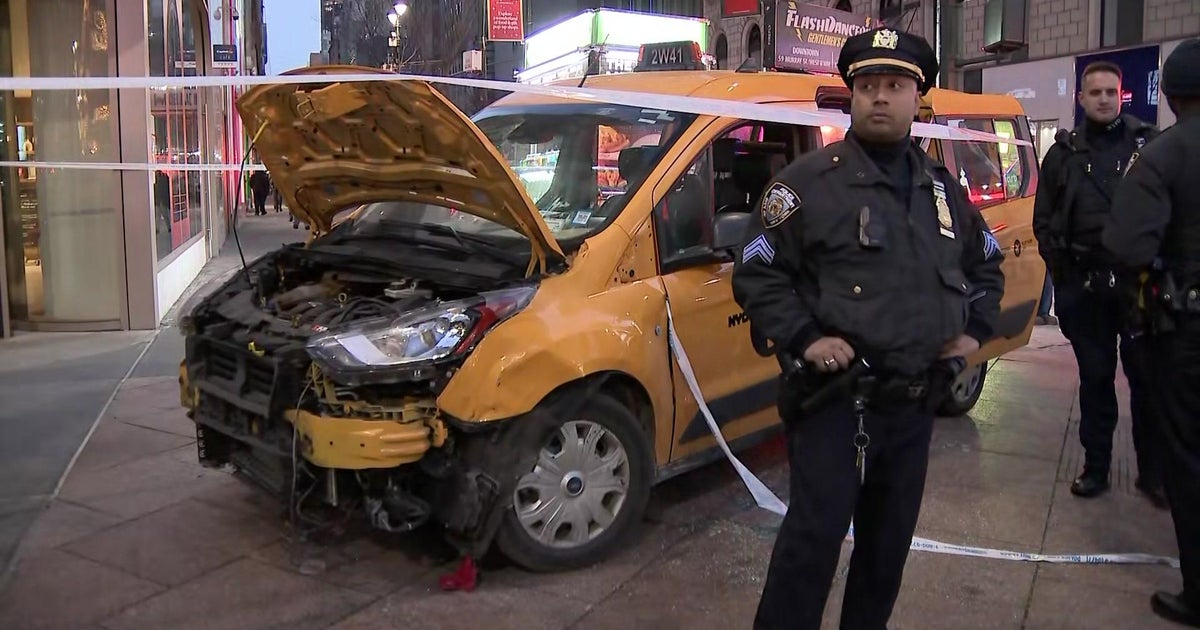New York Enacts Notable Police Reforms Following Year Of Crowded Protests
NEW YORK (CBSNewYork) -- Within hours of George Floyd's death, people around the world took to the streets to demand more police accountability.
Those rallying cries are being turned into a series of reforms for the New York City Police Department.
As CBS2's Ali Bauman reports, thousands filled the streets of New York City in 2020 to march in support of systemic change.
Day after day, under the summer sun and through the nights, they cried out in protest.
THE DEATH OF GEORGE FLOYD: A RACIAL RECKONING?
- Looking Back At A Year Like No Other In The Wake Of George Floyd's Murder
- Terrence Floyd Reflects On His Brother George Floyd's Death 1 Year Later
- Police Reforms Enacted In New Jersey And Connecticut After George Floyd's Murder
- NYPD Budget In The Spotlight As Officer Morale Hits 'An All-Time Low
- Black Lives Matter Movement Shifts From Protest To Policy With Efforts To Hold Officers Accountable For Wrongdoing
- Corporations Making Moves To Reflect Racial Diversity In Leadership, Hiring And Advertising
- Professional Sports Leagues Make Strides Regarding Social Justice, Black Lives Matter Movement
- Communities Spurred Into Action In The Wake Of George Floyd's Death: 'We Have Such A Long Way To Go'
"I thank the people who came out because without those numbers you really can't move stuff around," said Hawk Newsome, co-founder of BLM Greater NY.
"Governor Cuomo called and said, 'What can we do to calm the city down?'" Newsome told CBS2's Ali Bauman. "We didn't say 'let's come together and hug,' we said here's 24 pieces of [expletive] legislation. What can you do about it?"
"And of those 24 pieces, how many have been?" Bauman asked.
"Four," Newsome said.
WEB EXTRA: Extended Version Of Our Report On Police Reforms
Reforms in New York include banning chokeholds by law enforcement officers, assigning a special prosecutor to police-involved deaths, limiting qualified immunity to make is easier to sue officers for misconduct, and repealing 50-A, a law that shielded police records from the public.
"What reforms have yet to be implemented that you think are most important to get done?" Bauman asked.
"I think we've got a lot done," NYPD Chief of Patrol Juanita Holmes said.
Holmes oversees the majority of the department's uniformed officers.
"Can we do better? Do we have a long way to go? Absolutely. Diversity in the police department, respect, and transparency with discipline," Holmes said.
Holmes says the department has also changed its tactics for policing protests since last summer.
"I'd never seen that amount of people at any protest," Holmes said. "We're a lot more tolerant of little things that go on, and if it's something like a big crime, we address it."
In the wake of protests, the NYPD agreed on a disciplinary matrix with the Civilian Complaint Review Board, which oversees and investigates NYPD misconduct.
Rev. Frederick Davie chairs the CCRB.
"So, the discipline the CCRB recommends is discipline the commissioner and department will adhere to," Davie said.
"Why was that necessary?" Bauman asked.
PROTESTS AND POLICE REFORMS
- Writer David Simon, The Wire Creator, Discusses Policing In America With CBS2's Maurice DuBois
- Guidance For Parents On How To Talk To Children About Race, Police, And Witnessing Traumatic Events
- CBS2 Speaks With Members Of Cure Violence Group Man Up! Inc.
- NYC Public Advocate Jumaane Williams On What's Next When It Comes To Race
- Documentary Filmmaker Marshall Curry Discusses Where The Conversation Goes From Here
- Schomburg Center Releases 'Black Liberation Reading List'
- Black Parents Describe Tough Conversations About Racism With Their Children
- Complete CBS2 Coverage
"There can be certainty and a level of assurance, both for the officers and the public, about what penalties would be associated with what behavior," Davie said.
Davie said even stronger civilian oversight is needed.
"The CCRB should have final authority over the cases that it independently investigates," he said.
"What legislation still needs to be changed?" asked Bauman.
"The 'blue wall' bill," Newsome said.
The proposed legislation would make it a felony for officers to falsify police reports.
"How do you maintain the momentum of the past year to continue affecting change?" Bauman asked Newsome.
"George Floyd's death changed a lot. It became apparent what America listens to," he said. "Because we've been out here fighting, because we're making this impact, they're listening now, and now's the time to be strategic to get what we want."



